It was an unlikely trip to the dentist that led to Olivia Bonner’s diagnosis with Crohn’s disease.
The 24-year-old from Aberdeen has one of the types of IBD (Inflammatory Bowel Disease), a condition which causes inflammation of the digestive tract.
Olivia’s condition means she has to make frequent trips to the hospital for treatment, and deal with other health issues including crippling arthritis.
‘Mouth absolutely covered in ulcers’
She believes she may have had the condition longer than initially thought, but it was actually first picked up by her dentist in 2019.
“I’ve always suffered with eczema and stomach issues,” she said.
“I stopped eating gluten because I thought that was the problem.
“Then in 2019 I went into my first official flare-up, my mouth was absolutely covered in ulcers.
“It was actually my dentist who said: ‘I think you’ve maybe got Crohn’s Disease’.”
Over the following months, Olivia started losing a lot of weight – the condition sapping her energy and lowering her appetite.
She also found herself struggling more when it came to the toilet and her bowel movements.
Arthritis and exhaustion: The lesser-known effects of IBD
Since getting the diagnosis three years ago, she regularly has to get her medication through a drip to relieve the symptoms.
She explained: “I’m on a drug called infliximab, which is an infusion I get at the hospital every eight weeks through a drip.
“It takes around an hour and that basically manages a lot of my symptoms, so day to day I’m managing to live pretty normally.”
However, she admitted there are things in her life that will never be the same.
“I’m more conscious about what I eat,” she said.
“I try to avoid typical inflammatory things like red meat.
“There is a perception that it’s all about your gut, but it comes with a lot of other issues. I’m actually waiting to be seen about having arthritis in my knees.
“Sometimes I find it hard to walk very far with my knees being sore and mentally it’s quite exhausting. I can be quite tired, I have a B12 deficiency.
“So it’s the little things like that I’m dealing with nowadays,” she said.
Olivia’s IBD diagnosis: ‘You live in fear you’ll fall ill again’
Living in the knowledge that this is a long-term condition was also something Olivia struggled to come to terms with.
She added: “I think the hardest thing about it is you lead somewhat of a normal life, then all of a sudden you get hit with this chronic illness that’s never going to go away.
“Your whole life changes, you’re a lot more conscious of where the toilet is and what you’re eating.
“You live in fear that you’ll fall ill again and the drugs aren’t going to work.”
Olivia studied fashion management at Robert Gordon University and had to “complete the degree from bed” but described the institution as “a fantastic support.”
And having enjoyed the business side of the degree, she now works as a marketing executive for an engineering firm.
Olivia has also praised charity Crohn’s and Colitis UK as a great source of support during her health journey.
“It’s definitely somewhere I would point someone who was newly diagnosed in the direction of. They are wonderful,” she said.
IBD rates could be twice current estimate
The organisation reckons many others could be in a similar position to Olivia pre-2019, living with an undiagnosed bowel condition.
New research suggests the rate of Crohn’s and colitis in the UK is almost twice the number previously thought.
And with policies based on these “outdated figures,” the scale of the matter may have been dramatically overlooked.
Olivia urged people to take action if they think something is wrong.
She said: “Push to be seen by a gastroenterologist or IBD specialist.
“Seeing them first and getting a colonoscopy or endoscopy, that’s really what diagnoses you.
“And, with time, you learn to live with it.
“At the start I thought about it every day, now there are days I go without thinking about it, you just need time to adjust.”
Olivia recently received a letter which she said confirmed the infliximab infusions are working and keeping her Crohn’s “at bay.”
“Remission doesn’t mean you are cured, but I was so happy that finally that drug worked and is continuing to work for me,” she added.
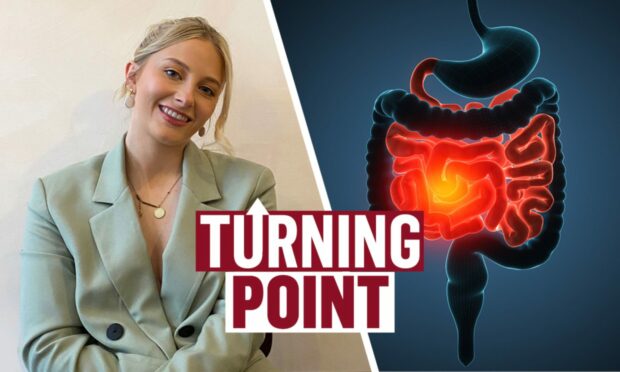
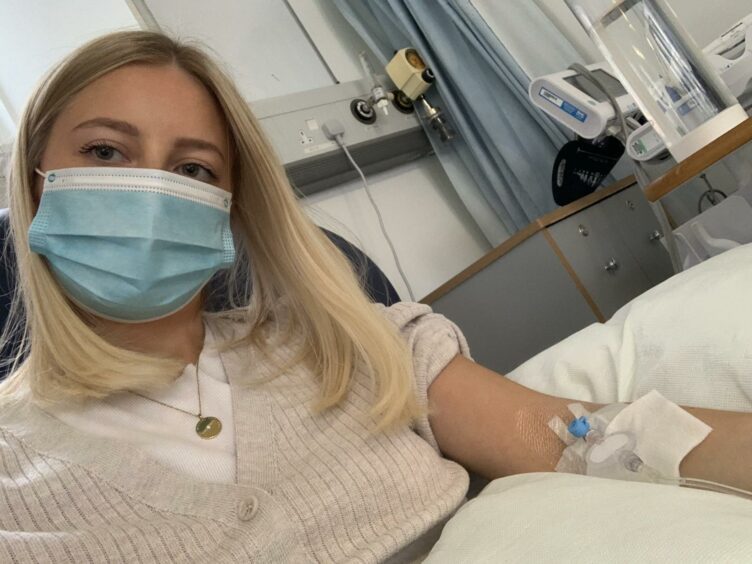
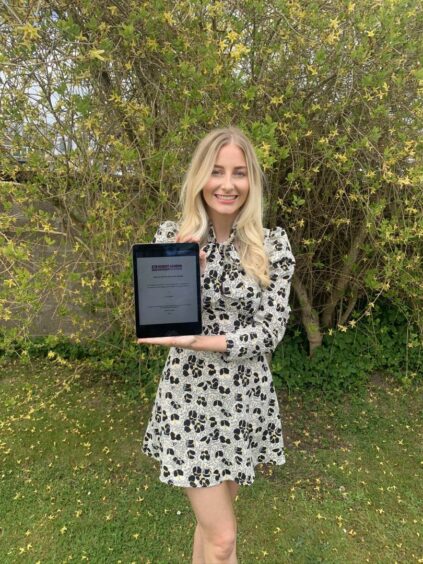
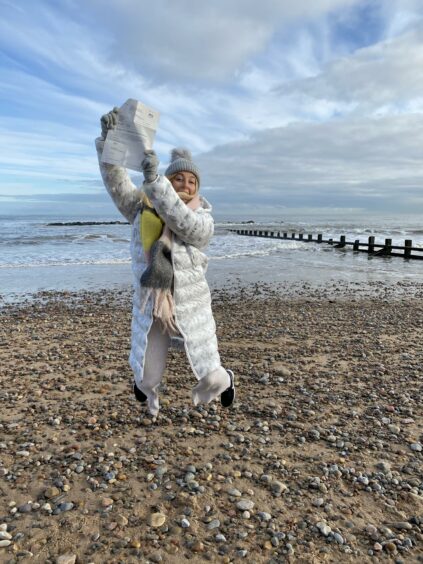

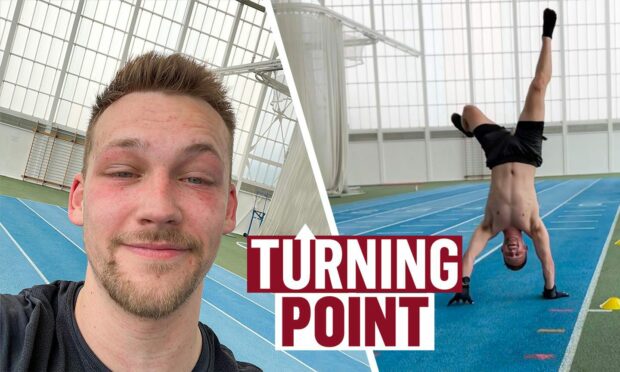

Conversation